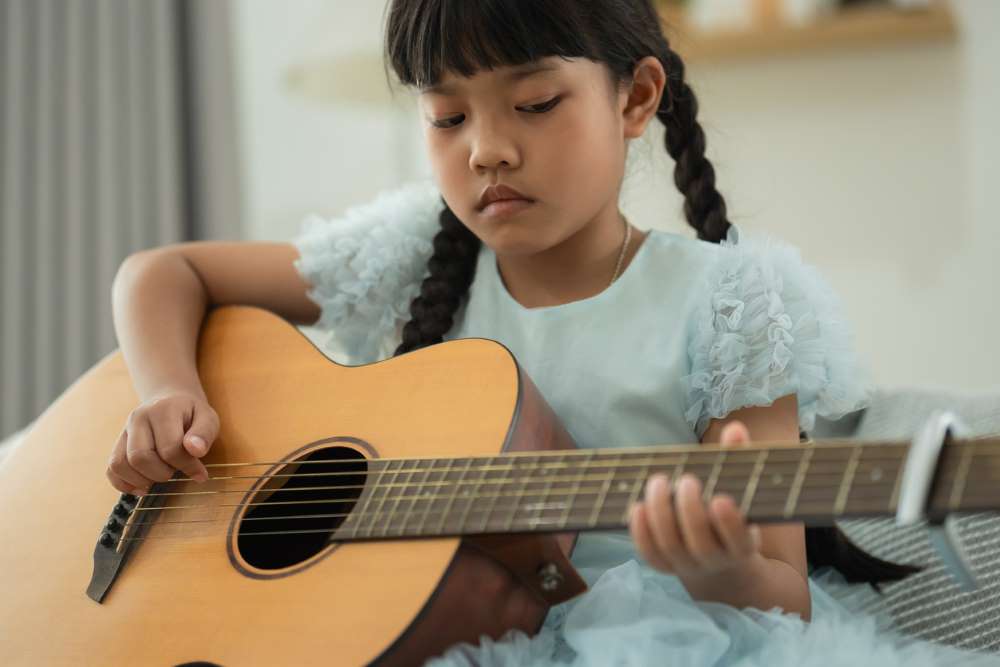
Music is more than a form of entertainment. For children, it can play an important role in brain development and emotional health. Researchers continue to explore how music influences learning, focus, memory, and creativity, and the results show that music has powerful effects on young minds.
Music and Brain Development
Studies have found that children exposed to music tend to develop stronger connections in the areas of the brain responsible for language, attention, and reasoning. Listening to music stimulates both sides of the brain at once, encouraging neural connections that support better memory retention and problem-solving skills. Children who begin playing an instrument at an early age often show better coordination and stronger performance in subjects like math and reading.
The structure of music itself promotes pattern recognition, which helps the brain learn how to detect order and structure in other areas, such as grammar or logical reasoning. Rhythm and repetition train the brain to process information more efficiently, especially during early childhood when the brain is forming new pathways quickly.
Emotional Health and Music
Music has also been linked to improved emotional well-being in children. Learning to play an instrument or participating in musical activities helps build confidence and patience. Children often use music to express emotions they may not yet be able to put into words, providing an outlet for stress and improving self-regulation. Group music activities, like choir or band, also foster social connection, collaboration, and a sense of belonging.
Parents and educators have noticed that music can help calm anxious children and improve mood during challenging times. Some therapists even use music as part of behavioral and developmental therapy for children with attention difficulties or sensory processing disorders.
The Benefits of Starting Early
Introducing children to music at an early age can have long-term benefits. Early exposure does not need to be formal lessons right away. Singing together at home, clapping to rhythms, or listening to a variety of styles can help build a child’s interest in music. When children show interest in learning more, enrolling them in structured programs like music lessons in Mesa, AZ (or one more local) can deepen their skills and encourage lifelong habits of creativity and discipline.
Music can be a valuable tool in helping children grow into confident, thoughtful learners. Its effects on the brain are supported by research, and its emotional benefits are felt by both children and parents alike. Whether through informal play or formal instruction, music creates opportunities for learning, expression, and connection that can support healthy development throughout childhood. For more information, check out the infographic below.



























